What Your Fears Say About You

From being fearful of creepy creatures like spiders and snakes (yikes!) to being disturbed by the modern fears of public speaking, socializing, and rejection, all human beings are subject to fear something or the other. It’s how we are naturally wired to think, and it’s a feeling that has been a vital response to emotional and physical danger throughout human evolution. But did you know that our fears can say a lot about our personality traits? Here’s a list of common phobias and what they could reveal about you!
Before we get started, please keep in mind that this article is for informative and educational purposes only, and is not meant to serve as a substitute for professional medical/mental health advice.
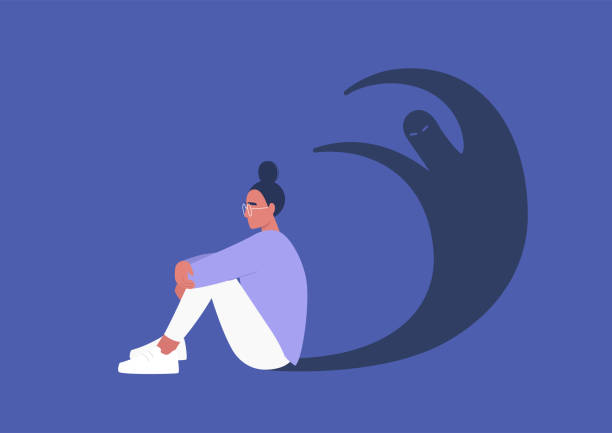
1. Nyctophobia- Fear of the Dark
Are you afraid of the dark? Turns out, you’re actually afraid of what’s in the dark more than just the darkness itself. While nyctophobia tends to be more common in children than adults, people of all ages can have this fear. Not being able to see in the dark impairs our vision, a sense humans have relied on since the beginning of evolution.
Darkness leaves us alone with our thoughts, memories, and emotions, and can trigger a sense of anxiety and insecurity about our surroundings. If you have a fear of the dark, you most likely have a vivid imagination, a creative vision, and a highly active and alert mind. You are expressive and tend to be intrigued by fantastical stories and tales. You tend to be more sensitive to violence and brutality, and are bothered by injustices in fiction and the real world. Suddenly, your closet seems like a magical portal, the clothes on your chair look like a creepy clown, and you’re afraid to poke your feet out of the covers because the boogie monster might get them.
If you are afraid of the dark, it’s a good idea to take a look at the why behind what may be bothering you in particular. As licensed clinical psychologist, Alicia H. Clark, Psy. D states, “be curious about what is actually frightening you, and use your fear to take action against these threats, making sure that there is nothing in the dark that is threatening.” For example, if you are bothered by the fact that you can’t see as well with the lights off, a good coping mechanism would be to counteract this fear with night lights, automatic lights, and or AI-controlled light devices. There is no shame in doing what’s best to keep your fear at bay and away!
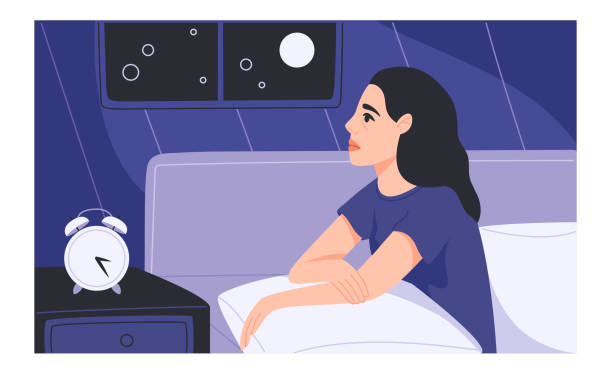
2. Glossophobia- Fear of Public Speaking
Are you scared of presentations, speeches, or large group discussions? Does being put on the spot give you wobbly knees, a shaky voice, sweaty hands, and nervous tics? Well then, you’re probably all too familiar with the fear of public speaking, aka, glossophobia. Glossophobia is one of the most common fears among adults. Since humans have evolved from running from tigers and lions in the primitive world, fear factors have since evolved into the corporate world where communication is vital to success.
If you are uncomfortable with speaking in front of people- or even to people in general- you like to stay in your comfort zone and are afraid to take risks. You are an introvert who moves in silence and appreciates moments of solitude. You are independent and a hard worker, humble, simple, and honest. When pressured to open up, you have a tendency to speak from the fear of judgment, humiliation, or rejection. You yearn to find power in your voice and are striving to be your most authentic self.
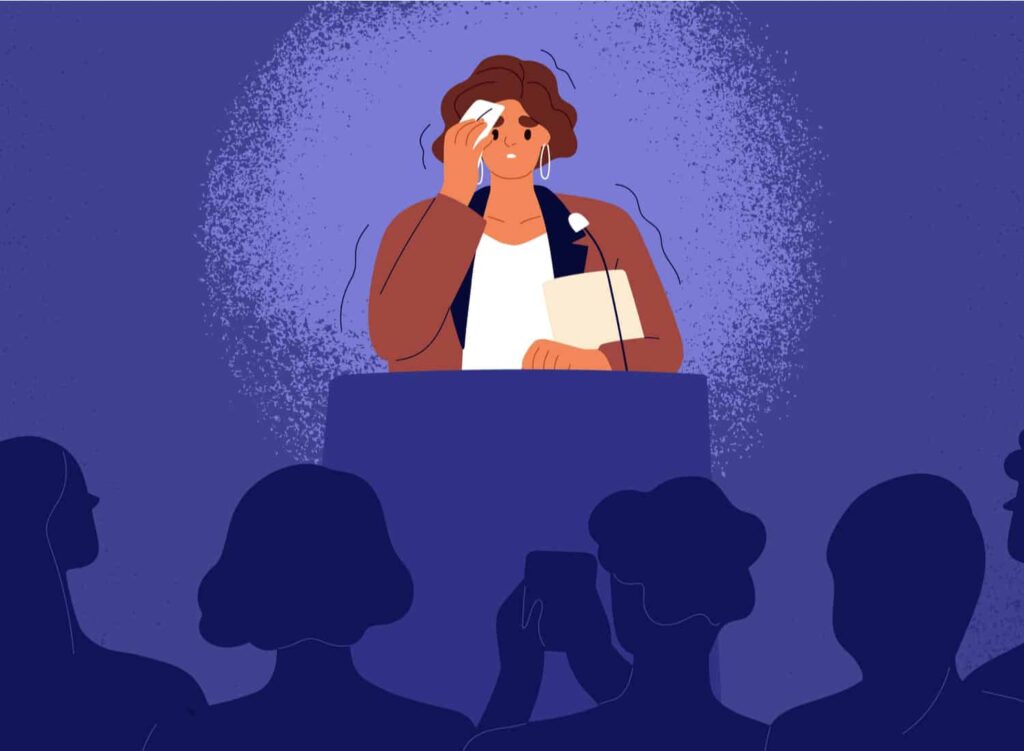
Quick fact: Fear is a psychological and physical nervous response to a trigger, and a phobia is when this response is more persistent to a specific threat and impairs the quality of an individual’s everyday life.
3. Coulrophobia- Fear of Clowns
Coulrophobia, or the fear of clowns, is when you are disturbed by the sight of clowns. A huge reason for this fear may stem from the human reaction to what is known as the “uncanny” in psychology. A theory introduced by Sigmund Freud, the uncanny is the feeling of eeriness we experience particularly with an event or object that is strangely familiar yet disturbing. Some examples of the uncanny can include unsettling wax figures, dolls, robots, doppelgangers (shadows, mirror reflections), and of course… clowns. So the more human-like features something has, the creepier it seems to us.
Since the beginning of time, our ability to interpret and analyze facial expressions, body language, and social behaviors has been essential for survival and sticking together. Because of their painted faces, exaggerated facial expressions and features, unusual displays of behavior, and uncanny appearances, clowns can be quite distressing for some people. The Oxford Scientist explains, “all selected ‘creepy’ traits signal for unpredictable behavior and therefore trigger increased alertness towards unspecified danger, expressed as a feeling of creepiness.”
If you are afraid of clowns, you dislike lies, are uncomfortable with absurdity and ambiguity, and dislike being put in unpredictable situations and settings. You appreciate honesty, value sincerity, and try your best to make others feel safe, seen, and included.

4. Thalassophobia- Fear of Water
Does the sound of diving into deep water give you chills? Thalassophobia, also known as the fear of water, is the intense fear of deep bodies of water, such as the ocean, seas, lakes, and rivers. There are many factors for why people may fear bodies of water. They may be afraid of drowning, or what may lurk underneath the surface. If you are afraid of deep water, you are most likely afraid of feeling lost and helpless. You are uncomfortable with feeling vulnerable and have trouble asking for help when you need it the most. You are afraid of taking risks and often feel overwhelmed by the complex decision-based, fast-paced world we live in.
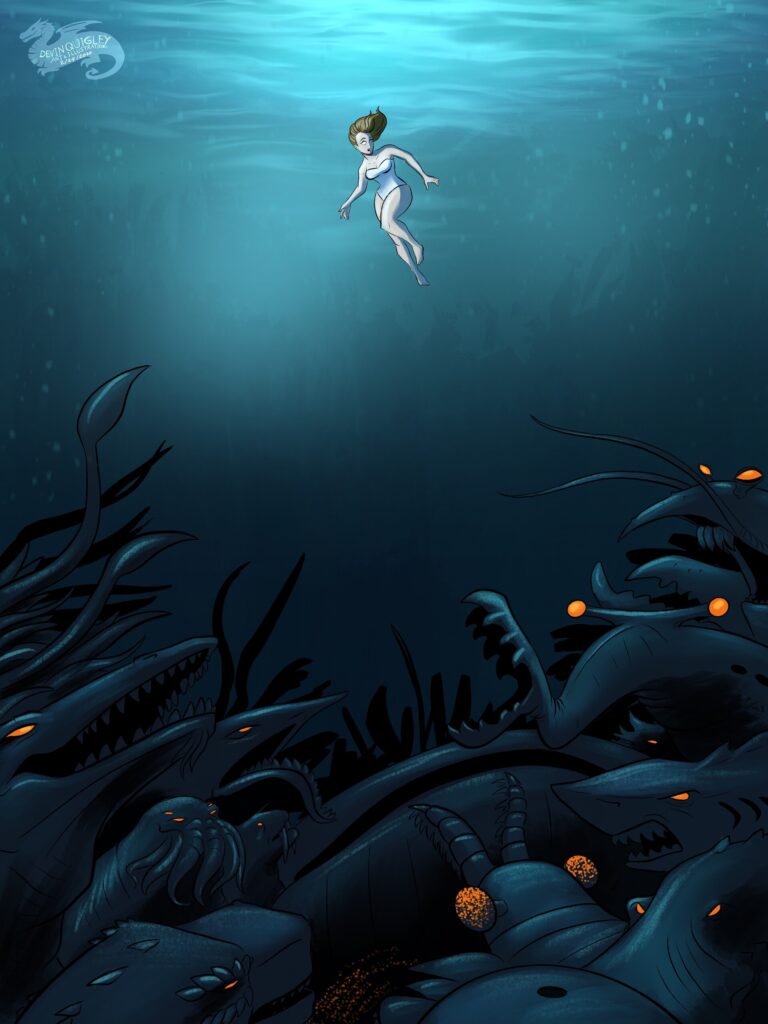
5. Fear of Isolation
The fear of isolation can look different based on the individual. For some, it may be the fear of not having friends to support you, while for others, it can be the fear of separation from a particular person who plays a significant role in your life. For most, it’s the general fear of prolonged solitude and losing a connection with those you care about in life or lacking a connection with anyone at all. With the start of the pandemic, there has been a significant impact on how we felt about isolation, being socially restricted, and deprived of interaction.
If you are afraid of being alone, chances are that you have stronger traits of extroversion and are more outgoing. You feel energized by interacting with others, crave being close with people, and are more dependent on social support to get you through tough times. This can be tied in with the fear of abandonment and rejection as well. You might even be afraid of being confined to your own thoughts and mind for too long. You love feeling loved and appreciate receiving affection from others. You enjoy spreading positivity and give more than you take. You move through life with a kind, open, and sensitive heart.
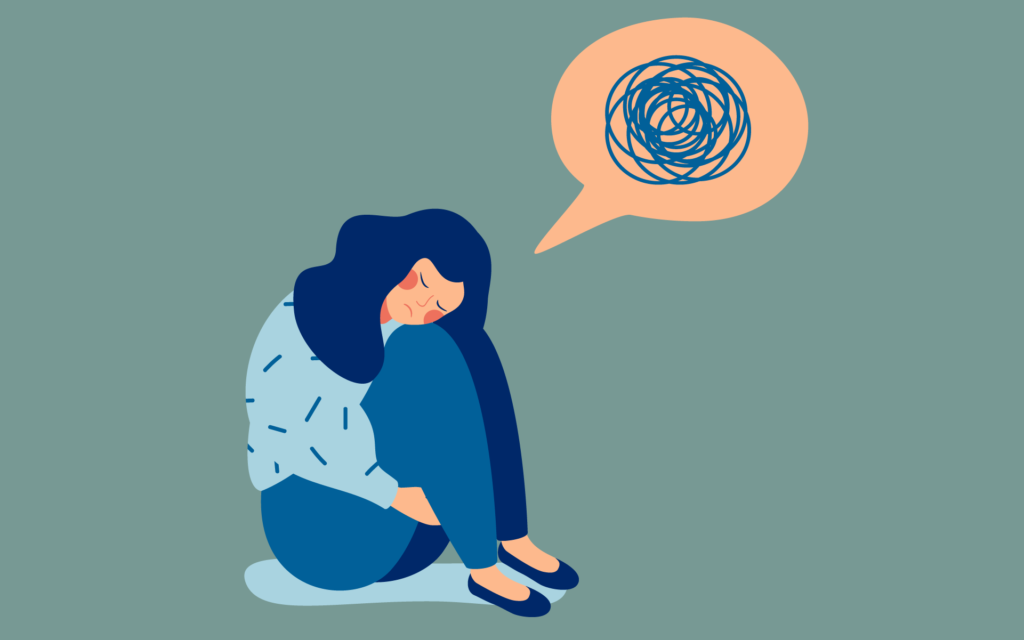
6. Atychiphobia- Fear of Failure
The fear of failure is one of the most common fears we experience. Also known as “Atychophobia”, the official term comes from the Greek word, “atyches”, which means “unfortunate” as this fear can grow into quite the self-fulfilling obstacle. Being the social beings that we are, humans are highly dependent on being socially accepted and considered successful by their peers, thus creating a space for the fear of failure to roam through our minds. Though this is a widely experienced feeling, some of us experience it at a deeper level than others and tend to be more tense about succeeding in everything we do. The Cleveland Clinic explains, “Someone with this condition may be scared to try new things, take risks, or embrace growth for [this] fear.”
If you have a stronger/more frequently-sensed fear of failure, you are a more sensitive person and are constantly looking for love and acceptance. This is your way of feeling safe. You are afraid of disappointing people and doubt your self-confidence at times you may need it the most. You tend to be your harshest critic and have trouble being patient with yourself. What’s most important to keep in mind is that your self-worth and inner confidence should never be attached to your performance levels at any activity. Life is a journey of growth, and being overly critical of everything you do can only cause more harm. It’s better to instead approach learning as an opportunity to grow rather than as an unhelpful obstacle that could reveal your “shortcomings”. Ask yourself if it’s really worth spending so much time being hard on yourself. It never is!
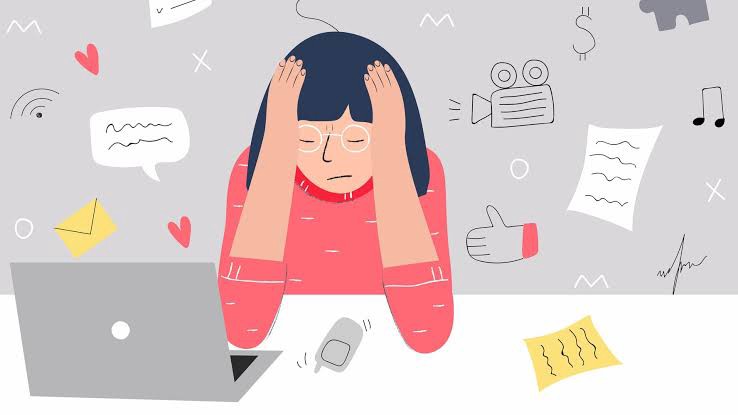
If you experience any of these fears, it is important to remember that they do not define you. A helpful way to try to free yourself from these fears would be to acknowledge them, pay more attention to your thoughts, and be present. Simply increasing your awareness about your fears and working to identify where they stem from can create a huge difference in helping you effectively get a hold of them. And if you find that these thoughts are more debilitating, and starting to affect the quality of your life, it’s probably a good time to seek a licensed medical/mental health professional to help you work through your anxieties. The ability to step back, recognize these thoughts, and calmly evaluate them can be powerful in ultimately overcoming them. You are not alone and can get through this with perseverance. Good luck with your journey, wherever you may be on your path!

References
Cleveland Clinic. (2022, March 28). Nyctophobia (Fear of the Dark): Symptoms & Causes. Cleveland Clinic. Retrieved July 22, 2022, from https://my.clevelandclinic.org/health/diseases/22785-nyctophobia-fear-of-the-dark
Milinski, L. (2019, October 30). The root of the uncanny: why are things creepy? The Oxford Scientist. Retrieved July 22, 2022, from https://oxsci.org/the-root-of-the-uncanny-why-are-things-creepy/
Miller, K. (2017, February 15). It’s Not Just You: Lots of Adults Are Afraid Of the Dark. Glamour. Retrieved July 22, 2022, from https://www.glamour.com/story/its-not-just-you-lots-of-adults-are-afraid-of-the-dark
Nemours Teens Health. (n.d.). Fears and Phobias (for Teens) – Nemours KidsHealth. Nemours Teens Health. Retrieved July 22, 2022, from https://kidshealth.org/en/teens/phobias.html
Ng, T. (2007, November 14). Study links phobias to genetic personality traits. The Johns Hopkins News Letter. Retrieved July 22, 2022, from https://www.jhunewsletter.com/article/2007/11/study-links-phobias-to-genetic-personality-traits-89453/
Ruers, J. (2019, September 18). The Uncanny. Freud Museum. Retrieved July 22, 2022, from https://www.freud.org.uk/2019/09/18/the-uncanny/



Responses